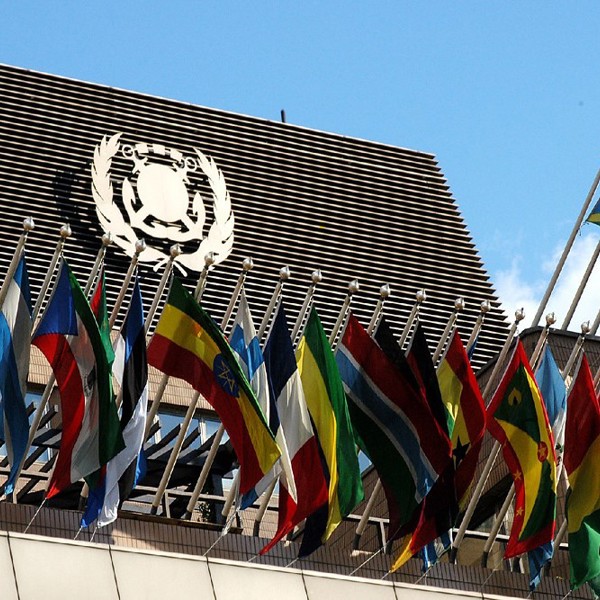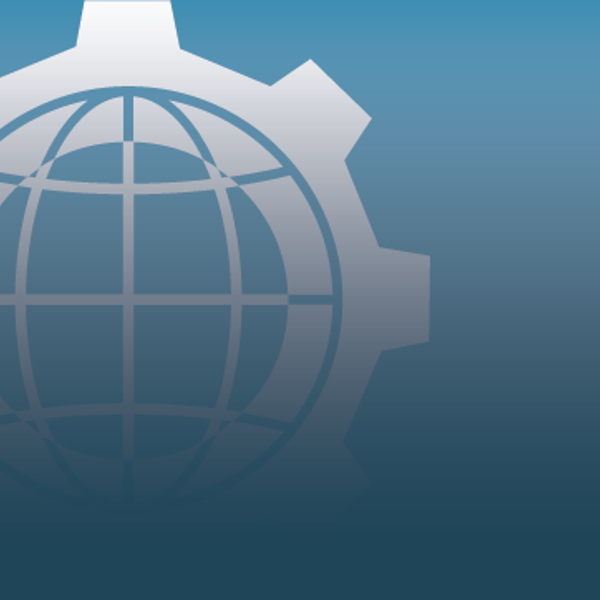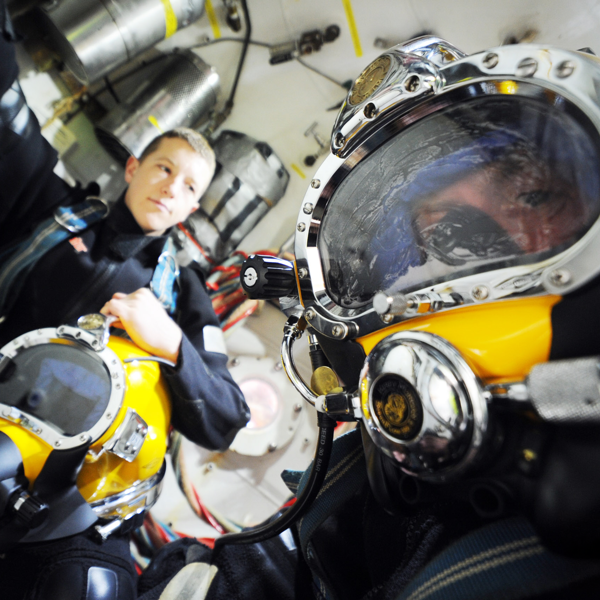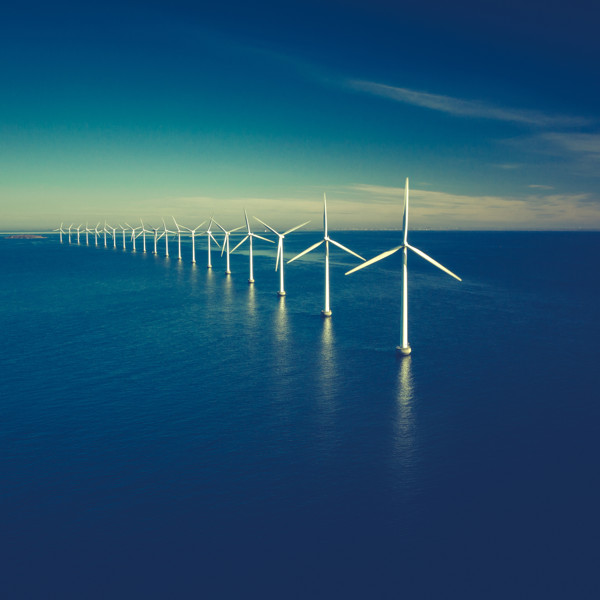We work with our Members to advocate for a safe and sustainable offshore sector that is recognised for its technical excellence and for the contribution it makes to the global economy and to society.
Through our engagement with the International Maritime Organization (IMO), the European Union (EU), national governments and regulators, and other industry stakeholders, we ensure that the voice of marine contractors is heard in the formulation of maritime policies and regulations.
Our membership reflects the diverse nature of our industry – developers, contractors, suppliers, and advisers. This enables us to provide an authoritative perspective on the issues facing our industry, and its role in delivering and maintaining critical offshore infrastructure.
The Marine Policy and Regulatory Affairs Committee leads our work on marine-related policy. Other regulatory issues are managed within our geographical or technical committees. Members can access Guidance documents and Information Notes related to our advocacy work in the Technical Library.








News and Commentary
IMCA launches new Diving CPD to support global diving industry
13 August 2025
eCMID annual report highlights key safety trends and system growth
13 August 2025
IMCA responds to three key EU consultations shaping the future of Europe’s maritime, port, and energy infrastructure
13 August 2025
Offshore industry gathers in Amsterdam to explore new models for building circular supply chains
13 August 2025
Critical undersea infrastructure at risk: Industry warns of repair gaps in Europe’s digital and energy networks
11 August 2025